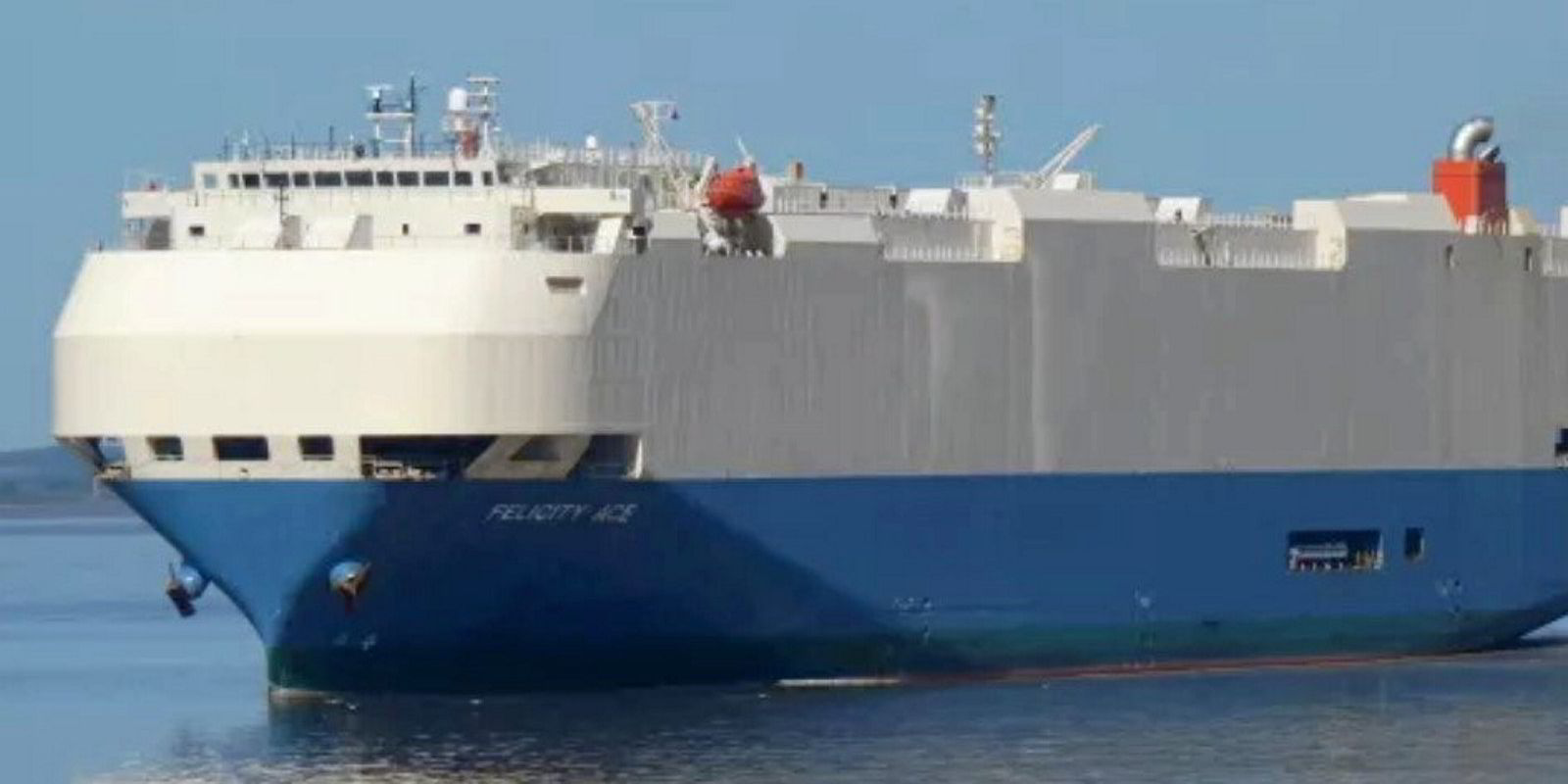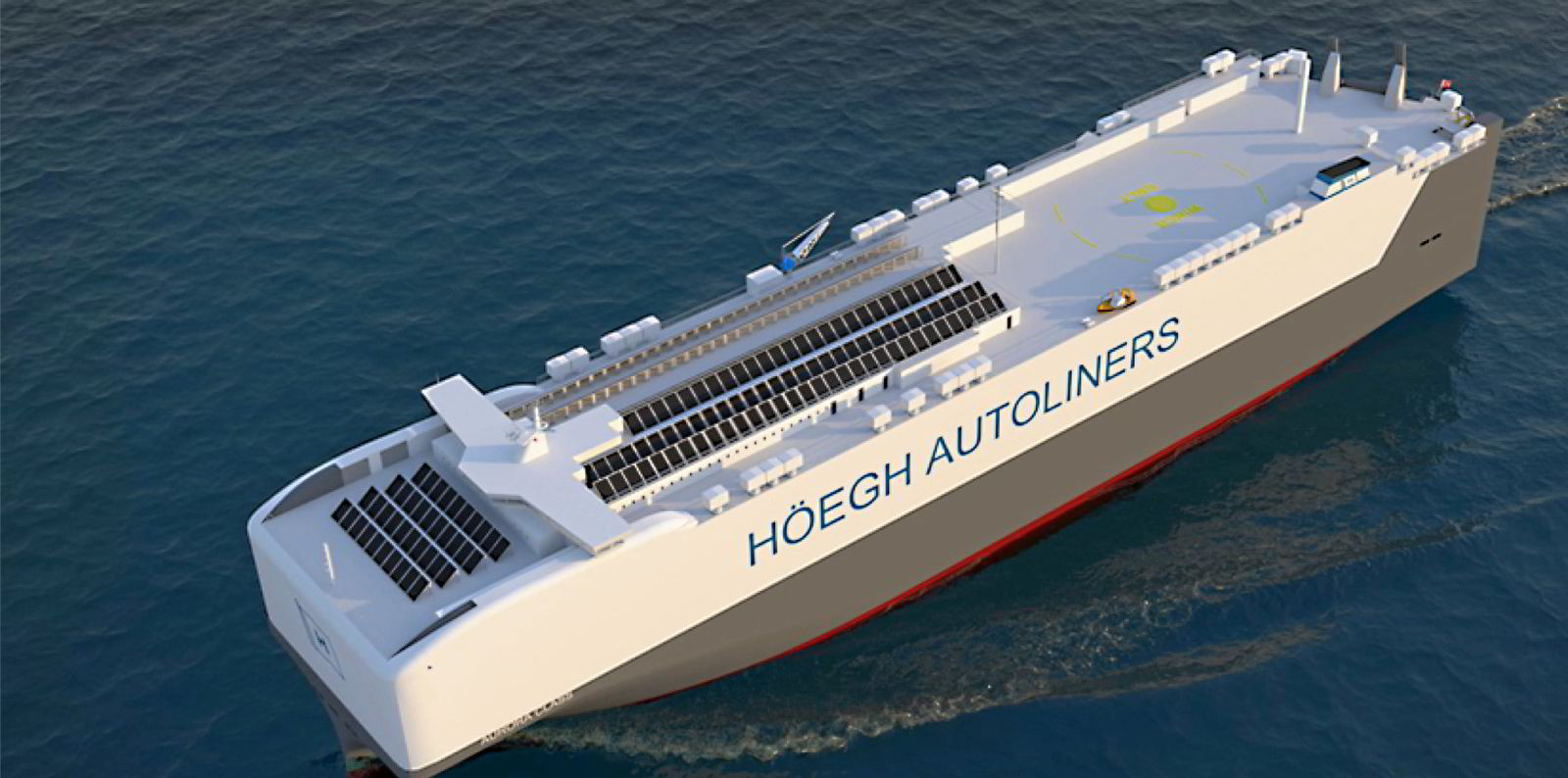Why is Wallenius Wilhelmsen trailing car carrier rival Hoegh Autoliners?
The two Oslo-listed operators are more different than the outside observer might suspect, said Wallenius Wilhelmsen chief executive Lasse Kristoffersen.
“To my understanding, Hoegh [Autoliners] has a higher exposure to the short-term market, while we are fully sold out,” he said during DNB’s Shipping & Energy Conference on Thursday.
“We are sold out due to two reasons.”
One is that the company has relationships going back multiple decades with big-name customers like John Deere, Kia and Toyota.
The other is that Wallenius Wilhelmsen provides logistics services like terminals and ground transportation that Hoegh Autoliners does not.
“We are an operator,” Kristoffersen said. “We deliver freight. We deliver logistics.”
The two companies’ share prices were close throughout 2022 but began diverging in the second half of the year, with Hoegh Autoliners taking the lead.
When Hoegh Autoliners’ shares hit a year-to-date high of NOK 136.50 ($13.09), Wallenius Wilhelmsen shares were trading at NOK 108.90.
Both companies’ shares have since taken a hit on concerns about a potential European Union tariff on Chinese electric vehicles, with Hoegh Autoliners’ shares closing at NOK 91.10 and Wallenius Wilhelmsen at NOK 87.10, with Hoegh Autoliners taking an additional hit on lower monthly volumes reported on Thursday.
At the event, DNB analyst and panel moderator Jorgen Lian showed a slide with Hoegh Autoliners earning higher rates than Wallenius Wilhelmsen.
“You have turned your book faster than we have,” Kristoffersen said.
Hoegh Autoliners chief financial officer Per Oivind Rosmo said his company did not have a single customer making up more than 10% of its revenue.
“We are in a situation where we can more or less on an ongoing basis renew contracts,” he said.
He said customers often ask for more space, but Hoegh Autoliners requests they either take longer-term deals or pay spot rates.
Rosmo was also asked about the company’s monthly trading report, which saw three-month average cargo volumes drop from 3.7m cbm from November through January to 3.4m cbm in December, January and February and net rates fall to $80.90 per cbm from $83.60 per cbm from January.
He said the drop in volume was attributable to the company rerouting ships away from the Red Sea and potential Houthi attacks.
He said the volumes will normalise over time.
“It will be more in Q1 [the first quarter],” he said of the shifts.
The company decided to avoid the Red Sea in mid-December.






